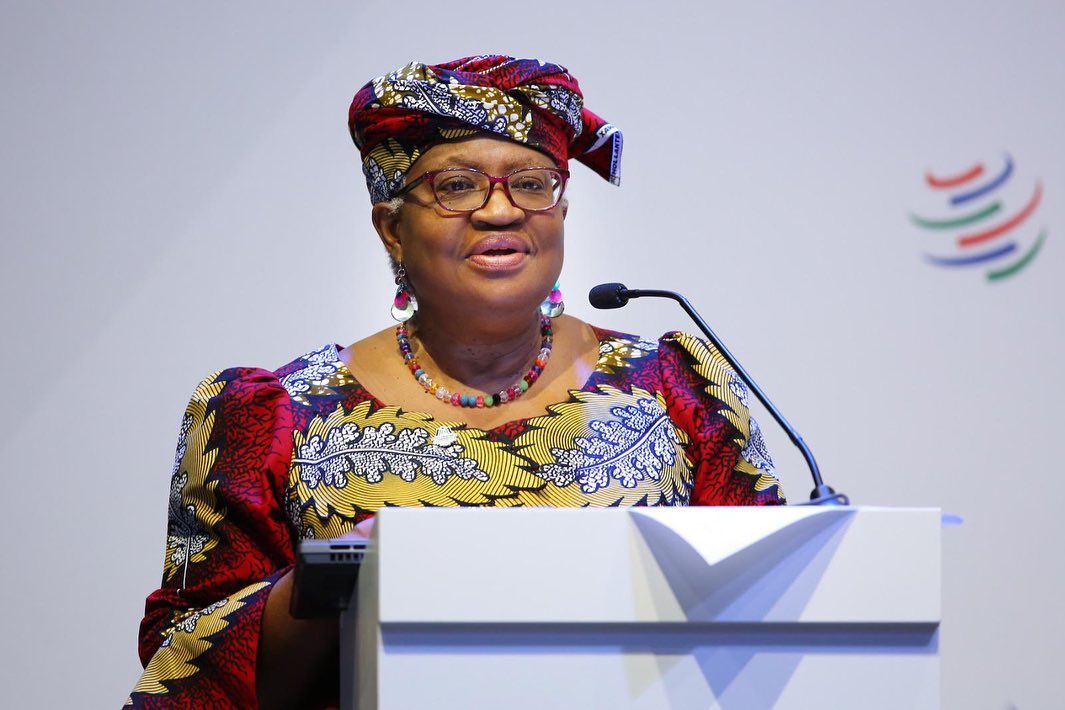
According to Vanguard, the federal government might not be able to pay salaries of its workers with effect from October this year if the current economy decline continues. This disclosure was made by the governor of the Central Bank of Nigeria (CBN), Godwin Emefiele on Tuesday, July 19, during a closed-door meeting with senators over the state of the economy.
The CBN governor who told senators that the economy of the country was in a bad state said if the present situation in the country continued, Nigerians would be forced to pay general taxes which would not exclude petroleum products. In the meeting which lasted for an hour, Emefiele presented a comprehensive account of the economy in the last one year which, according to him, had been characterised by external shocks, including sharp decline in commodity prices, geo-political tensions along important global trading routes and tightening monetary policy in the United States.
After the presentation, some senators asked a host of questions and raised issues concerning the banking system, the stagnant economic growth and the gradual rise in inflation among others, which the CBN governor responded to. READ ALSO: Militants vow to stop oil production Following an exhaustive response by both the governor and his team, the Senate acknowledged that these are, indeed, difficult times all over the world and not just in Nigeria.
It also backed the monetary policies of the CBN, noting that at the end of the day, such policies would help to increase local production, create jobs in the country. Meanwhile, the International Monetary Fund (IMF) on Tuesday, July 19, said a combination of plunging oil revenues and weakened investor confidence will push the Nigerian economy into recession.
The IMF said it expects Nigeria’s economy to contract by 1.8 percent this year, after having forecast in April a 2.3 percent expansion. The decline in the nation’s economy has been attributed to the renewed bombing of pipelines by militants in the Niger Delta region and the 70 per cent decline in oil prices from about S116 per barrel in June 2014 to about $30 per barrel earlier in the year.























